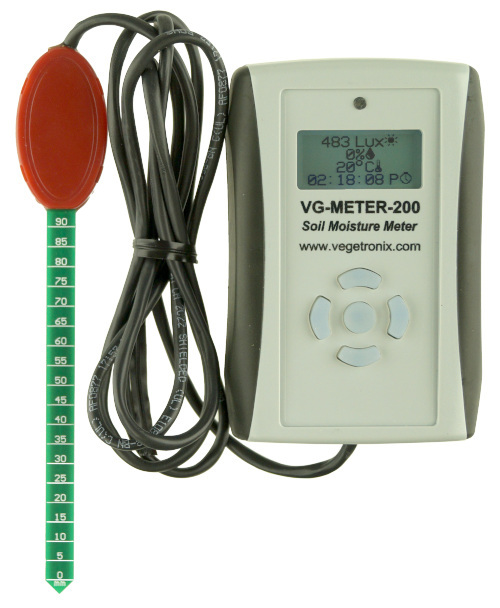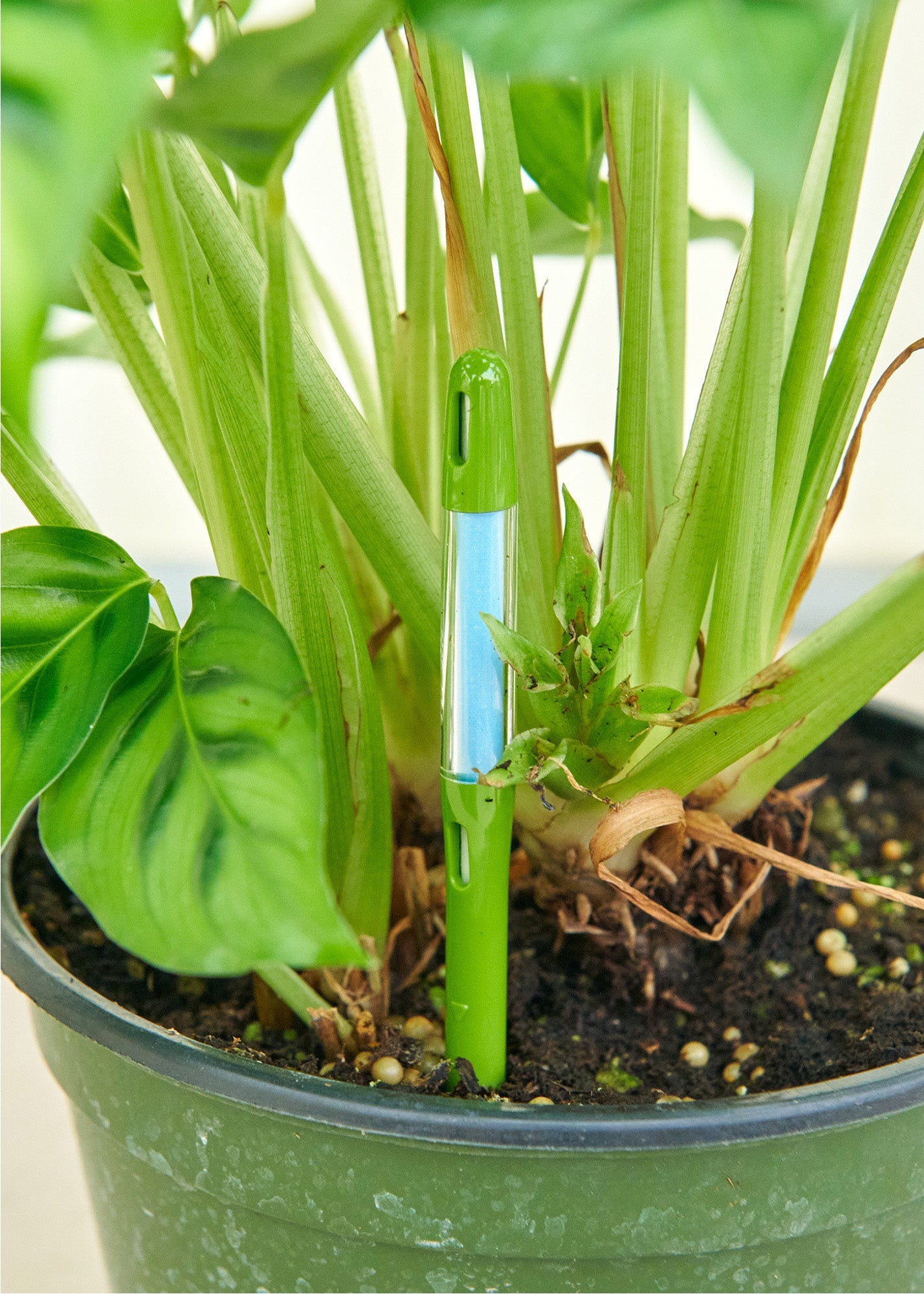The Ultimate Guide to Moisture Meters: A Comprehensive Review and How They Can Save You Money
In the world of structure upkeep, building and construction, and various industries, the significance of accurately gauging dampness levels can not be overstated. Wetness meters act as indispensable tools in finding and checking moisture web content in products, assisting in preventing costly damages and ensuring the quality of products. Understanding the nuances of different kinds of wetness meters, their applications, and the prospective cost-saving benefits they offer can be a game-changer for businesses and professionals alike. Finding exactly how these gadgets can not only improve procedures but also add to monetary savings is a journey worth starting.
Kinds Of Moisture Meters
Numerous sorts of wetness meters are available for various applications in numerous industries. One usual type is the pin-type dampness meter, which measures the electrical resistance in between two pins placed right into a material. This kind is suitable for wood, drywall, and various other building materials. Pinless dampness meters, on the various other hand, use electro-magnetic sensor plates to check a larger location without triggering damage to the material's surface area. These meters are excellent for swiftly evaluating wetness degrees in huge areas such as floors and walls.
Infrared wetness meters measure the thermal buildings of a product to determine its wetness content non-invasively, making them useful for applications where pin or pinless meters might not be appropriate. Recognizing the various kinds of wetness meters available can aid markets select the most appropriate device for their specific dampness measurement needs.

Advantages of Utilizing Moisture Meters

In addition, making use of moisture meters can result in boosted power performance. By identifying areas with high moisture levels, such as leakages or inadequate insulation, modifications can be made to boost power preservation and reduce utility costs. In agricultural settings, moisture meters play a critical function in maximizing plant returns by making it possible for farmers to monitor soil moisture degrees and make educated watering choices. Generally, the advantages of utilizing wetness meters extend throughout numerous markets, giving cost-efficient services and advertising far better top quality control techniques.
How to Pick the Right Moisture Meter
Picking the proper dampness meter includes thinking about key variables such as material compatibility, measurement variety, and calibration precision. When selecting a moisture meter, it's necessary to make certain that the meter is appropriate for the specific product you will certainly be screening. Different products have varying electric properties that can influence moisture analyses, so selecting a meter created for your material is critical for precise outcomes. In addition, think about the dimension variety of the dampness meter. Guarantee that the meter can identify wetness degrees within the array required for your applications. Calibration precision is another important element to remember (Moisture Meter). Decide for a moisture meter with dependable calibration to make sure precise and constant readings. Some meters might require regular calibration adjustments, so understanding the calibration process is very important. By carefully examining these variables, you can choose a dampness meter that satisfies your demands and provides accurate wetness dimensions for your tasks.
Proper Strategies for Moisture Meter Usage
To guarantee precise dampness analyses find more and make best use of the effectiveness of a moisture meter, utilizing correct methods is essential. When utilizing a pin-type dampness meter, put the pins or probes into the product being examined till they make complete see here call. Ensure the pins are perpendicular to the surface to get the most precise reading. For pinless wetness meters, hold the tool level versus the product and relocate gradually to cover the entire location for an average reading. It's vital to adjust the dampness meter according to the product being checked to improve precision. Take multiple analyses throughout the surface area and typical them out for an extra dependable result. Furthermore, guarantee that the material being tested is acclimated to the environment to stop skewed readings. Regular upkeep of the dampness meter, such as cleaning up the pins or sensor, is also important to guarantee consistent and accurate readings. By adhering to these appropriate strategies, users can depend on their dampness meter to supply credible moisture levels, assisting in stopping costly damages or making sure quality in numerous applications.

Cost Savings With Moisture Meter Applications
Just how can the strategic usage of wetness meters lead to considerable cost financial savings throughout numerous sectors? In web link the farming sector, dampness meters help in figuring out the optimum time for collecting plants, protecting against over-drying or excess moisture that can impact the last item's high quality.

Furthermore, in the food processing industry, moisture meters are vital for keeping an eye on product high quality and making sure compliance with security policies. By properly gauging dampness web content in food items, makers can stop wasting, preserve freshness, and lower waste, causing substantial expense savings. Overall, the strategic application of dampness meters is a useful investment that can lead to substantial cost decreases and enhanced effectiveness across numerous markets.
Conclusion
In conclusion, wetness meters are beneficial tools for measuring and finding dampness levels in different products. By utilizing the right moisture meter and complying with appropriate strategies, users can effectively stop costly damages created by excess dampness.
Moisture meters serve as crucial devices in spotting and checking moisture web content in products, aiding in protecting against costly damages and making sure the top quality of products. Infrared moisture meters determine the thermal properties of a material to identify its wetness material non-invasively, making them helpful for applications where pin or pinless meters may not be ideal.Wetness meters use invaluable advantages in accurately evaluating and keeping an eye on dampness degrees in varied materials and settings. In farming setups, wetness meters play a critical duty in maximizing plant yields by allowing farmers to keep track of soil moisture degrees and make educated irrigation decisions.In conclusion, dampness meters are beneficial devices for spotting and gauging dampness levels in different products.
Comments on “How a Moisture Meter Can Aid You Keep Optimum Problems in your house or Workplace”